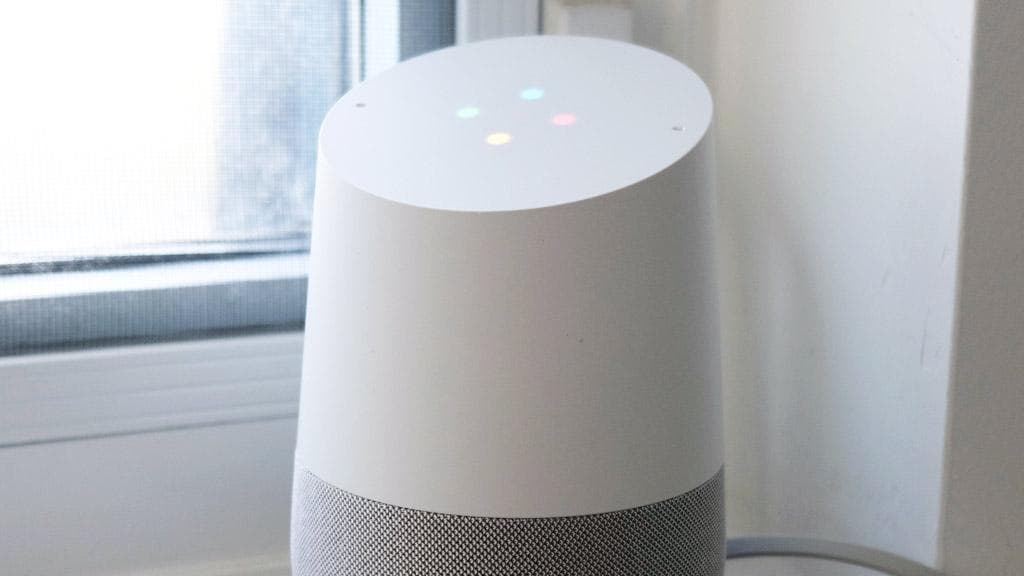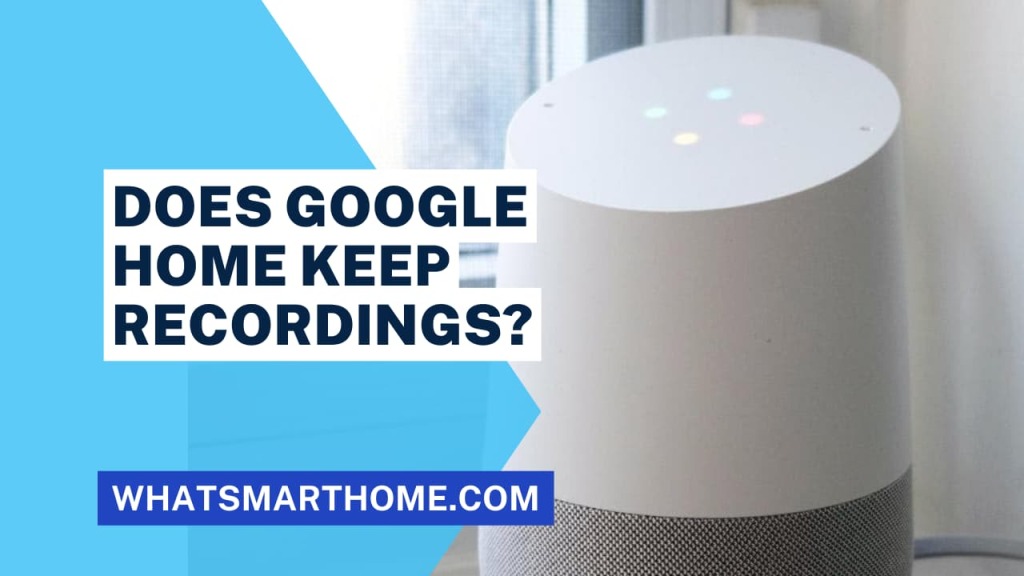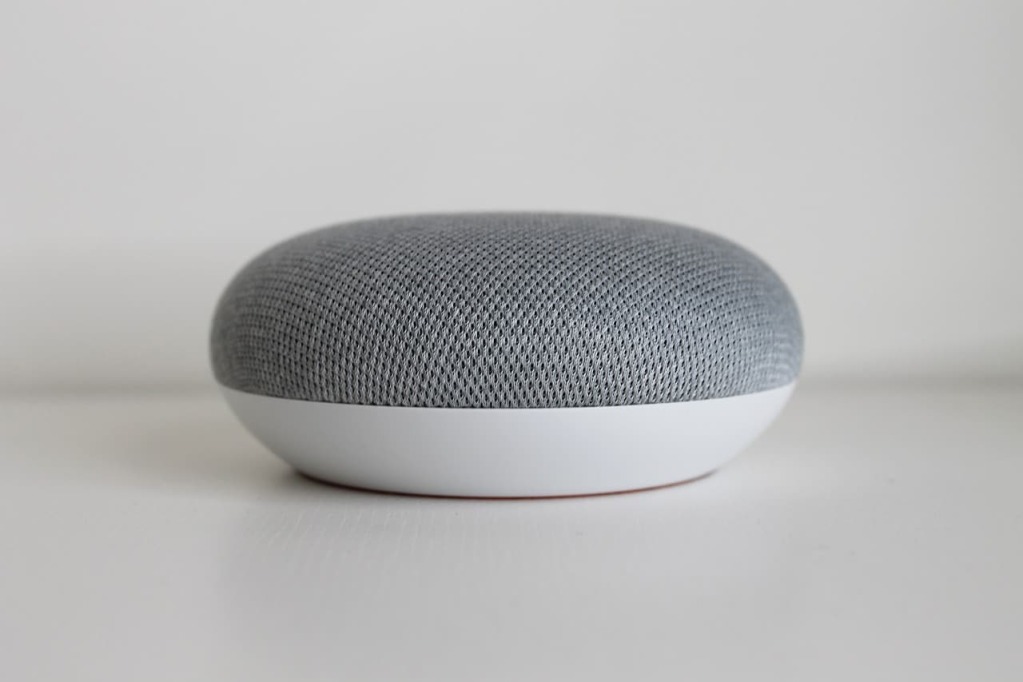In today’s digital age, smart home devices have become increasingly popular. Among these devices, Google Home has gained significant attention.
As a voice-activated speaker powered by Google Assistant, Google Home offers various features and functionalities that make our lives easier. However, concerns about privacy and data security have been raised regarding these devices.
One common question that arises is, “Does Google Home keep recordings?” In this article, I will delve into this topic and explore the extent to which Google Home retains user recordings.
Table of Contents
Introduction
As smart home devices continue to integrate into our daily lives, it’s important to understand how they operate and handle user data.
Google Home, as a prominent player in the market, offers a range of voice-activated services. However, concerns about privacy and data protection have led to questions regarding the storage of user recordings.
Understanding Google Home
Google Home is a smart speaker developed by Google that incorporates the Google Assistant virtual helper. It allows users to interact with various services through voice commands.
Google Home can perform tasks such as answering questions, playing music, controlling smart home devices, and providing personalized information based on the user’s preferences.
How Does Google Home Process Voice Commands?
When you issue a voice command to Google Home, it records your query and sends the audio data to Google’s servers for analysis.
The audio data is processed to understand the command and provide an appropriate response.
This process involves converting the voice recording into text, interpreting the text to determine the user’s intent, and generating a suitable reply.
Does Google Home Keep Recordings?
Yes, Google Home keeps recordings of user interactions, but it is important to note that these recordings are not stored indefinitely.

Google’s data retention policy ensures that user recordings are retained for a limited period. The retention period varies depending on the type of interaction and can range from a few days to a few months.
How Does Google Home Record Audio?
Google Home uses a technology called “voice recognition” to process and understand the commands you give it. When you speak to your Google Home device, it listens to your voice and uses advanced algorithms to transcribe your words into text. This text is then used to perform the requested action, such as playing music or setting a timer.
When you interact with your Google Home, it records a small snippet of audio. This audio is used to improve the accuracy of the voice recognition technology. The audio is not stored on the device itself, but is instead sent to Google’s servers for processing.
How Does Google Home Store Recordings?
Once the audio is sent to Google’s servers, it is stored in your Google account. You can access and manage these recordings from the Google Home app or from your Google account settings. You can listen to your recordings, delete them, or even download them if you want.
Google also uses the data from these recordings to personalize your experience with the device. For example, Google Home can learn your voice and respond to your commands more accurately over time.
How to Manage Google Home Recordings
If you’re concerned about the privacy implications of Google Home’s recording feature, there are several ways to manage your recordings.
First, you can turn off the recording feature altogether. This can be done by going to the Google Home app, selecting the device you want to manage, and then turning off the “Voice and Audio Activity” setting. This will prevent Google from storing any audio from your device.
You can also delete your recorded audio at any time. This can be done by going to the Google Home app, selecting the device you want to manage, and then choosing the “Delete” option. This will permanently delete all of the recordings associated with that device.
Lastly, you can review your recorded audio and delete specific recordings. This can be done by going to the Google Home app, selecting the device you want to manage, and then choosing the “Review” option. From here, you can listen to your recordings and delete any that you don’t want.
User Control and Privacy Settings
To address privacy concerns, Google provides users with control over their recorded interactions.
Users can access their voice recordings through the Google Home app or the My Activity portal.
Within these settings, users can review, play, delete, or manage their recorded interactions with Google Home.
Ensuring Privacy with Google Home
Google takes privacy seriously and has implemented measures to protect user data.
The company employs encryption and other security protocols to safeguard the storage and transmission of user recordings.
Google Home has a physical mute switch that disables the device’s microphone, ensuring that no audio is recorded when the switch is activated.
Recordings can also be accessed via the My Activity portal at https://myactivity.google.com/
Google’s Data Retention Policy
Google has implemented a data retention policy that outlines how long user data is retained.
According to this policy, Google Home retains user recordings for a predetermined period to improve the quality of its voice recognition and language understanding systems.
It is essential to highlight that these recordings are anonymized and not directly tied to individual user identities.
Google’s Commitment to Data Security
Google is committed to maintaining the privacy and security of its users’ data. The company adheres to strict data protection regulations and constantly updates its practices to align with evolving privacy standards.
Google undergoes independent audits and certifications to ensure its compliance with industry best practices.
Conclusion
In conclusion, Google Home does keep recordings of user interactions, but the data retention period is limited, and the recordings are anonymized.
Users have control over their recorded interactions and can manage them through the Google Home app or the My Activity portal.
Google emphasizes data security and privacy, implementing various measures to protect user data. By understanding how Google Home handles recordings and taking advantage of the privacy settings provided, users can enjoy the convenience of smart home technology while maintaining control over their privacy.
FAQs
Can I access my voice recordings on Google Home?
Yes, you can access your voice recordings through the Google Home app or the My Activity portal.
How long does Google Home retain user recordings?
The retention period for user recordings varies, ranging from a few days to a few months, depending on the type of interaction.
Are the recordings stored by Google Home linked to individual user identities?
No, the recordings are anonymized and not directly tied to individual user identities.
How can I delete my recorded interactions on Google Home?
You can delete your recorded interactions through the Google Home app or the My Activity portal.
What measures does Google take to ensure data security with Google Home?
Google employs encryption and other security protocols to protect the storage and transmission of user recordings. Additionally, Google Home has a physical mute switch to disable the microphone when necessary.


